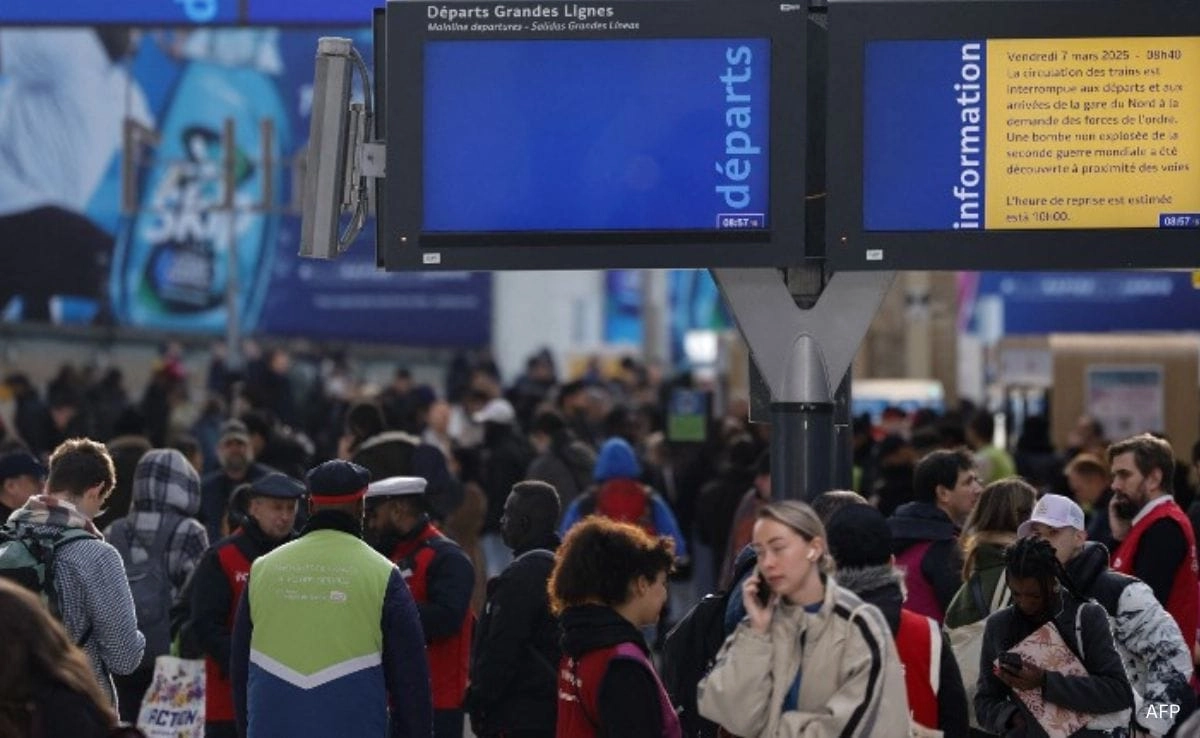During World War II, a significant event unfolded that would later be referred to as the “Bomb Incident,” which brought a major Paris train station to a complete standstill. This incident occurred when a World War II-era bomb, left over from the conflict, was discovered at the station. The bomb’s presence sparked immediate concern among authorities, prompting a swift evacuation of the area to ensure the safety of passengers and staff. The station, typically bustling with travelers and commuters, became eerily quiet as emergency services took control of the situation.
Specialist bomb disposal units were called in to assess the threat posed by the unexploded device. Trains were halted, and the surrounding streets were cordoned off to prevent any potential harm to bystanders. The discovery of such an artifact from the war highlighted the lingering dangers that World War II still posed, even decades after it had ended.
As the bomb squad worked diligently to neutralize the threat, the incident served as a reminder of the historical impacts of the war on modern-day life, illustrating how remnants of the past can unexpectedly disrupt the present. Eventually, after thorough inspection and careful handling, the bomb was safely defused, allowing operations at the station to resume. Nonetheless, the event left an indelible mark on the city, emphasizing the importance of vigilance regarding unexploded ordnance and the lasting legacy of conflict in urban spaces.




